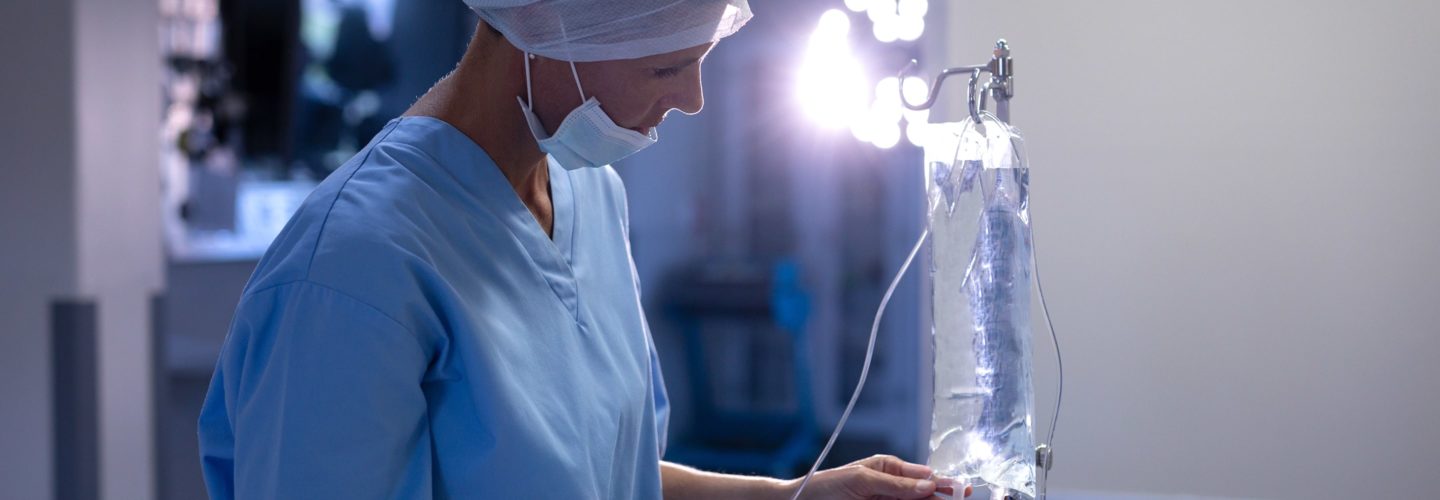Welcome to the Urologic Surgery Residency
Our Urologic Surgery Residency is a 6-year residency program that involves 1 year of the general surgery internship, 1 year of urologic research, and 4 years of clinical training in urology. While Brooklyn offers a 1-of-a-kind atmosphere to live and train, the urology residency program translates this atmosphere into a unique opportunity for resident education. Residents receive exposure to endoscopic, open, laparoscopic, and robotic-assisted approaches to surgical management.
In 2016, the Urology Residency Programs at Maimonides Medical Center and Brookdale Hospital Medical Center united to create our Urologic Surgery Residency
Residents train at Maimonides, Brookdale Hospital Medical Center, and The Memorial Sloan Kettering Cancer Center. They also participate in 1 year of urologic research at Cold Spring Harbor Laboratory (CSHL). We train our residents in the skills to succeed in academic, clinical, and independent settings.
Medical Students
Interested in urology? Want to know what urology is all about?
Third and fourth-year medical students are welcome to join us at Maimonides. Spend time with our faculty and residents, see surgeries (open/robotic/laparoscopic/endoscopic/microscopic) in the OR, come to our academic conferences, see patients, and participate in research.
Not a third or fourth-year medical student? You can still join us as an observer through our Volunteer Department by calling 718-283-3980.
The Urologic Surgery Residency Program
The Urologic Surgery Residency experience
Each week, multidisciplinary conferences integrate evidence-based management and patient cases contributed by our providers. These conferences focus on urolithiasis, infertility, urologic oncology, and prostate oncology. Residents present cases with faculty guidance.
Lectures are led by subspecialty trained faculty in oncology, infertility and sexual dysfunction, stone disease, neuro-urology, pediatric urology, minimally invasive surgery, and female pelvic medicine and reconstruction. Residents also utilize surgical simulation to further enhance skills in robotic, laparoscopic, and endoscopic surgical techniques. A laparoscopic surgery simulation lab is available at Maimonides, and residents rotating at Brookdale have access to the DaVinci simulator. Based on their selected areas of clinical and research interest, residents are encouraged to attend regional and national teaching conferences.
The 1st year of training is devoted to a variety of general surgical rotations, including colorectal, vascular, trauma, thoracic, and urologic surgery, and surgical critical care.
Junior residents take care of patients in the inpatient, ambulatory, and emergency settings under the supervision of attending urologists. Residents study clinical responsibilities and operative protocols.
Year 2 focuses on urologic research at CSHL. Residents create and lead in translational clinical investigations under the guidance of research faculty.
Senior and chief residents lead the urology service, participate in intensive surgical experience, and perform administrative duties. They coordinate educational conferences and patient care conference protocols, schedule resident call coverage, and guide the training of junior residents and students under the supervision of urology attending staff and alongside program and institutional leadership.
Research
All residents participate in research as a continuous part of their training. 1 year is dedicated to translational and clinical research at CSHL under the supervision of Dr. Simon Hall, Donald Zucker Professor of Urology at the Smith Institute at Hofstra Northwell School of Medicine, and in association with dedicated research staff.
The American College of Surgeons (ACS) National Surgical Quality Improvement Program (NSQIP) offers Maimonides residents the opportunity to investigate risk-adjusted clinical data from institutions across the United States. The Degenshein Medical Library at Maimonides provides access to and management of existing scientific data while dedicated statisticians assist with data analysis of research projects.
Urology residents use these and other resources to collect and identify evidence and discuss findings with the greater research community. Residents lead their projects according to their particular area of interest, under the supervision of our faculty. Our residents present at regional and national meetings and publish in internationally recognized journals.
Our residents have gone on to receive fellowships at Duke University, Northwestern University, Montefiore Medical Center, and Roswell Park Comprehensive Cancer Center—just to name a few
The future of medical care is you
Our Medical Education program strives to provide an outstanding educational experience in an environment that assures a balance between academic and clinical activities. We take great pride in educating the next generation of expert medical practitioners.
Urologic Surgery Residency Program Leadership
David Silver, MD, FACS
Director, Division of Urology & Urologic Oncology
Ervin Teper, MD
Program Director, Urology Residency Training Program
Antonio Mongomery, MD
Urology Residency Site Director
Brookdale Hospital and Medical Center
Simon Hall, MD
Director of Resident Research
Donald Zucker Professor of Urology, Hofstra Northwell School of Medicine


